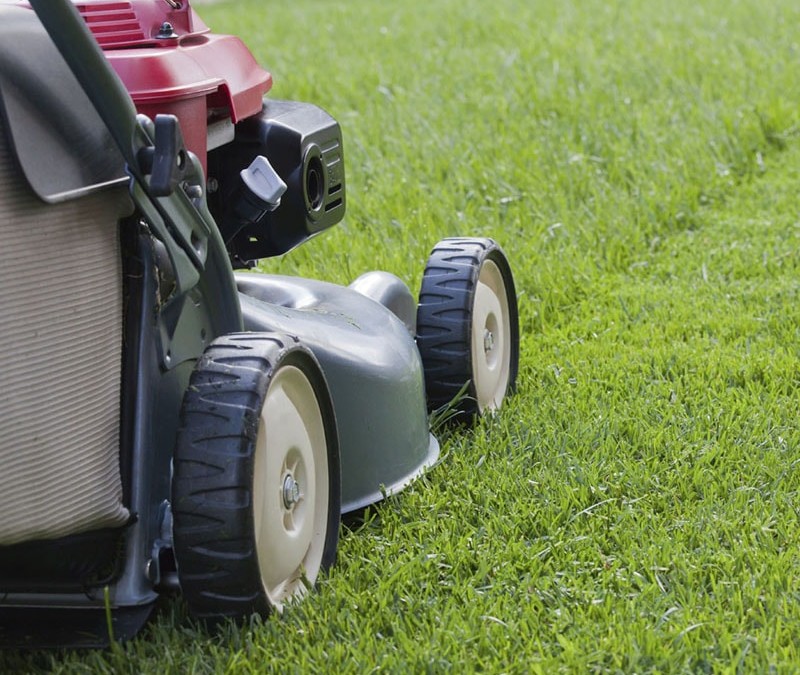![1[1]](https://newcoleynurseries.co.uk/wp-content/uploads/2024/07/11.png)
No Results Found
The page you requested could not be found. Try refining your search, or use the navigation above to locate the post.

Jobs in the garden this month – March
Jobs in the garden this month
Protect new shoots from slugs and snails
Slugs and snails become active as the weather improves so be sure to protect vulnerable new growth.
Organic slug pellets containing ferric phosphate are as effective as the more popular methaldehyde based option.
Another way to control them is picking off the pests at night when they are active.
When applying any chemicals in the garden, be aware of children, pets and wildlife.
Lift and divide perennials
When clumps of perennials get too big, dig the up and split them by either teasing them apart using two forks, or cutting up with a spade. A section can then be replanted and the rest given away to friends or swapped for new plants.
Add mulch to borders
This helps keep in moisture and supress weeds.
Use compost from the compost heap, spent compost, or composted bark.
Check garden machinery
Make sure all your tools are maintained and ready for use.
Replace worn mower blades, sharpen and oil shears and secateurs, and repair or replace broken and damaged tools.
Mow the lawn
On a dry day when the soil is reasonably dry, you can give the lawn its first cut of the year. Put the blades as high as they will go to encourage growth.
Prune climbers and shrubs
Plants which flower in summer on new season’s growth can be pruned now to improve vigour and encourage flowering.
Feed trees and shrubs
Apply a slow release fertilizer such as Growmore. Sprinkle it around plants to give a long lasting balanced feed and lightly fork it in, being careful not to cause root damage.
Sow hardy annuals
These can be sown straight onto their flowering position. We have a large selection of seeds available, including annuals, perennials and veg.